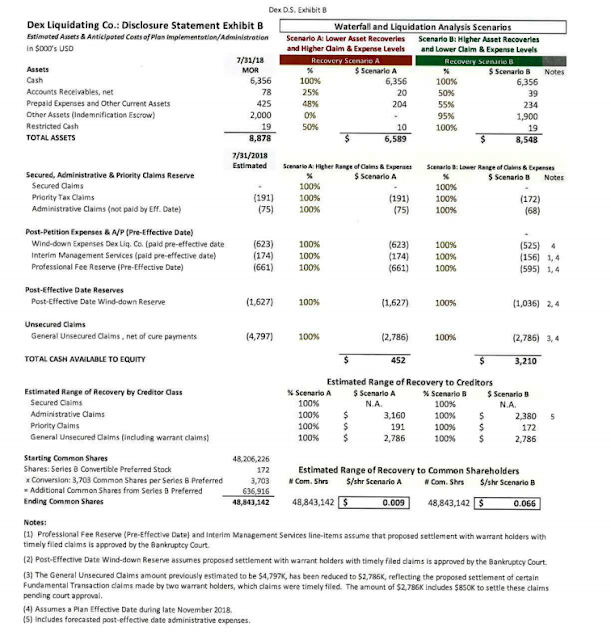Challenges with Shorting the Yen for the Retail Investor
It’s been almost a year since our
write up on Mindspeed, (they did get taken out and the calls were a great
return), but with summer coming, we’re going to try to post more frequently. We’ve been reticent as well because we were
still building a position in a certain security, in which we were the only ones
buying for months. We speculate that
that we were buying from an investment bank who was hedging their own positions,
hence the reason why the opportunity even existed.
A lot of investors today are vocal
on being short the yen; however we haven’t come across a single retail investor
that has provided a strong way to profit from the widow maker prophecy. It’s interesting to note because youtube
videos and chat rooms have people commenting on gloom scenarios, but why talk
the talk if you’re not going to profit from it? Bergdorf’s doesn’t accept
street cred.
For those who may need a background
as to why to short the yen in the first place, there are plenty sources online
that can walk you through it. To sum it
up, Abenomics is trying to reach 2% inflation with 10 year JGBs trading around
60bp. No one is going to hold, let alone
buy an instrument where you’re losing 140 bp in a 2% inflation
environment. The Bank of Japan is the
only buyer of JGBs and when they stepped away from the market in April, not a
single bond traded for a day and a half.
Should JGB rates rise to 200bp, Japan can’t service its debt. With a current account structurally going negative
and an aging population, it’s not looking good for Japan.
Upon requesting our brokers for a
way to short the yen, we were provided with two ETFs, FXY and YCS. At a first
glance they seemed like they were good plausible ideas, but upon further inquiry
we discovered structural problems with ETFs in general.
Briefly, with FXY the sponsor has
the ability to close the fund at any time, and should the yen have a dramatic
decline, the fund could be liquidated before the bad kind of inflation fully materializes. We inquired about it to the sponsor and didn’t
receive a word back, but they have closed funds tied to currencies before, and
should the sponsor not be able to service the fees associated with the fund, we
imagine they’d have an incentive to liquidate.
Secondly, YCS is tricky because it
is a leveraged ETF and daily re-balancing is deceiving. If you look at returns over a period of time,
the yen may weaken and YCS could still have declined in value. For more information on leveraged ETFs we recommend
reading this:
So with ETFs out of the way, what
is a retail investor supposed to do?
Well there are more esoteric securities that one could buy, however it
requires the right broker, and the experience required to get approved for
trading. The best bet is to short a Japanese
company with a lot of JGBs on their books, or whose main source of revenue is
in yen, preferably both. We’re not going
to specifically name a company, because there are plenty out there and they
will all be affected.
The purpose of this post was to inform those who may have ETF positions
that there are vulnerabilities in the products. We hope we reached a few
readers before they become disappointed with their results so they can adjust
their positions accordingly. As always, we’re
happy to hear anyone else’s views on the subject.
